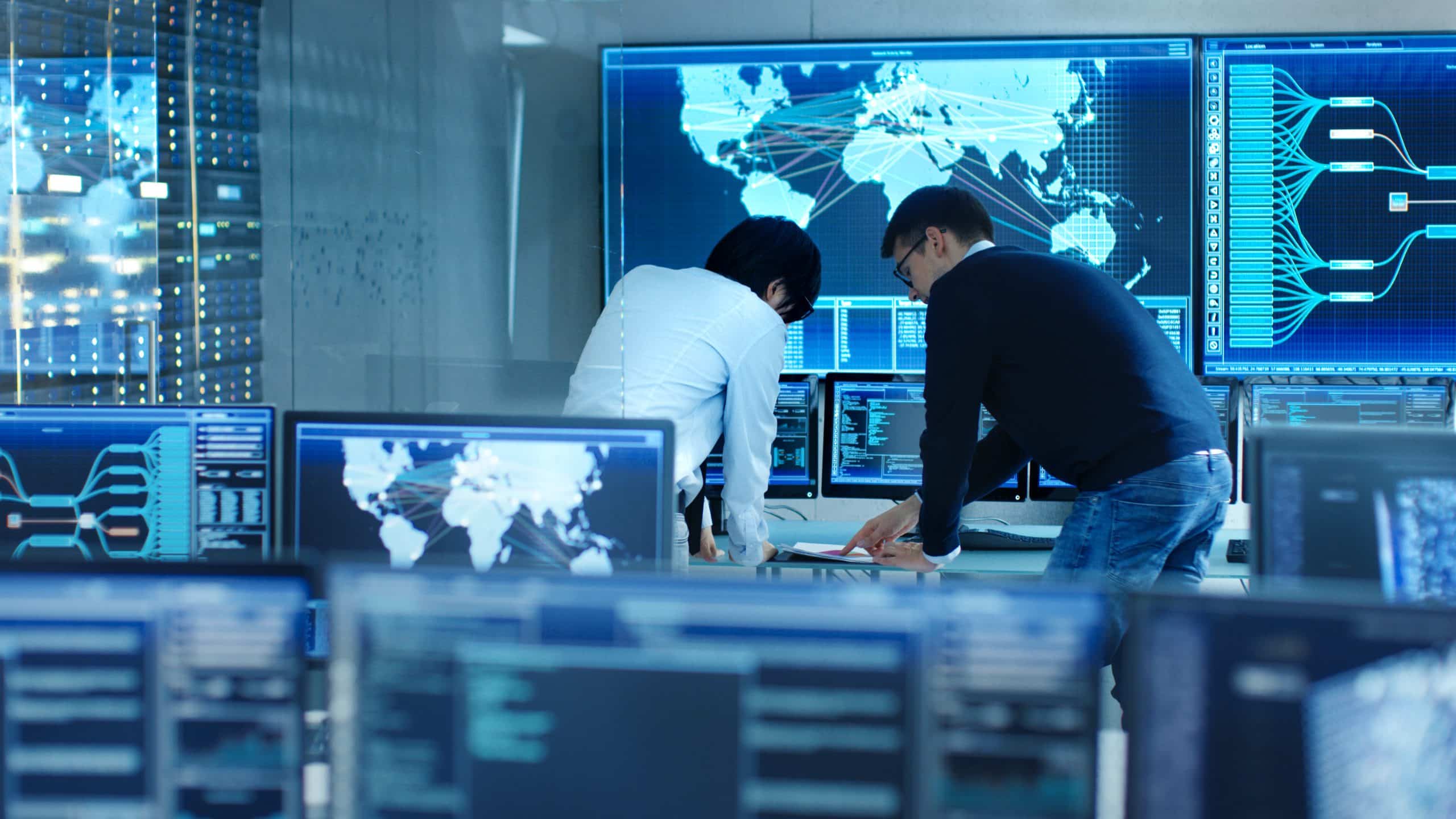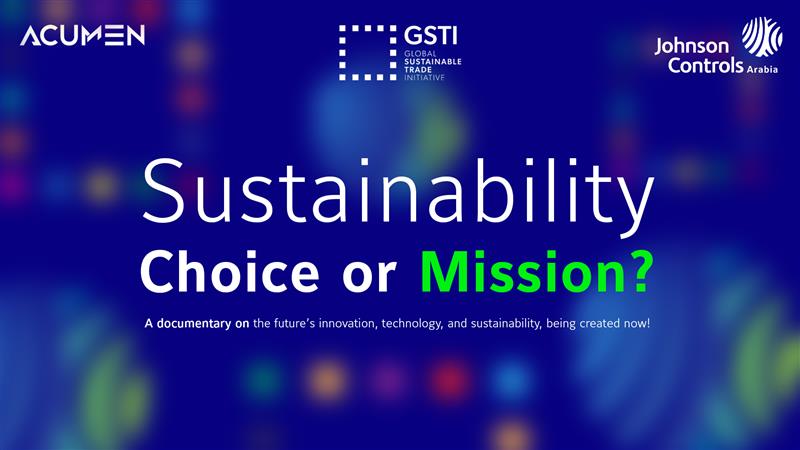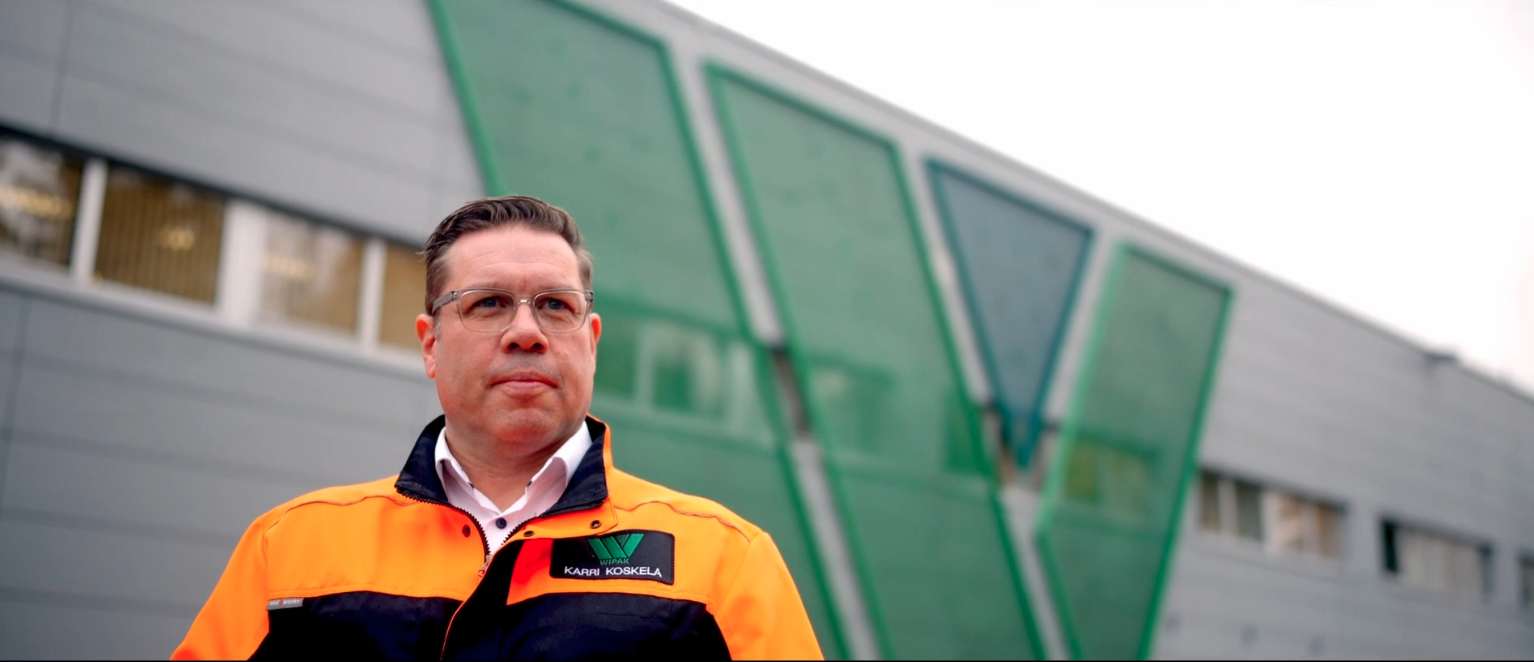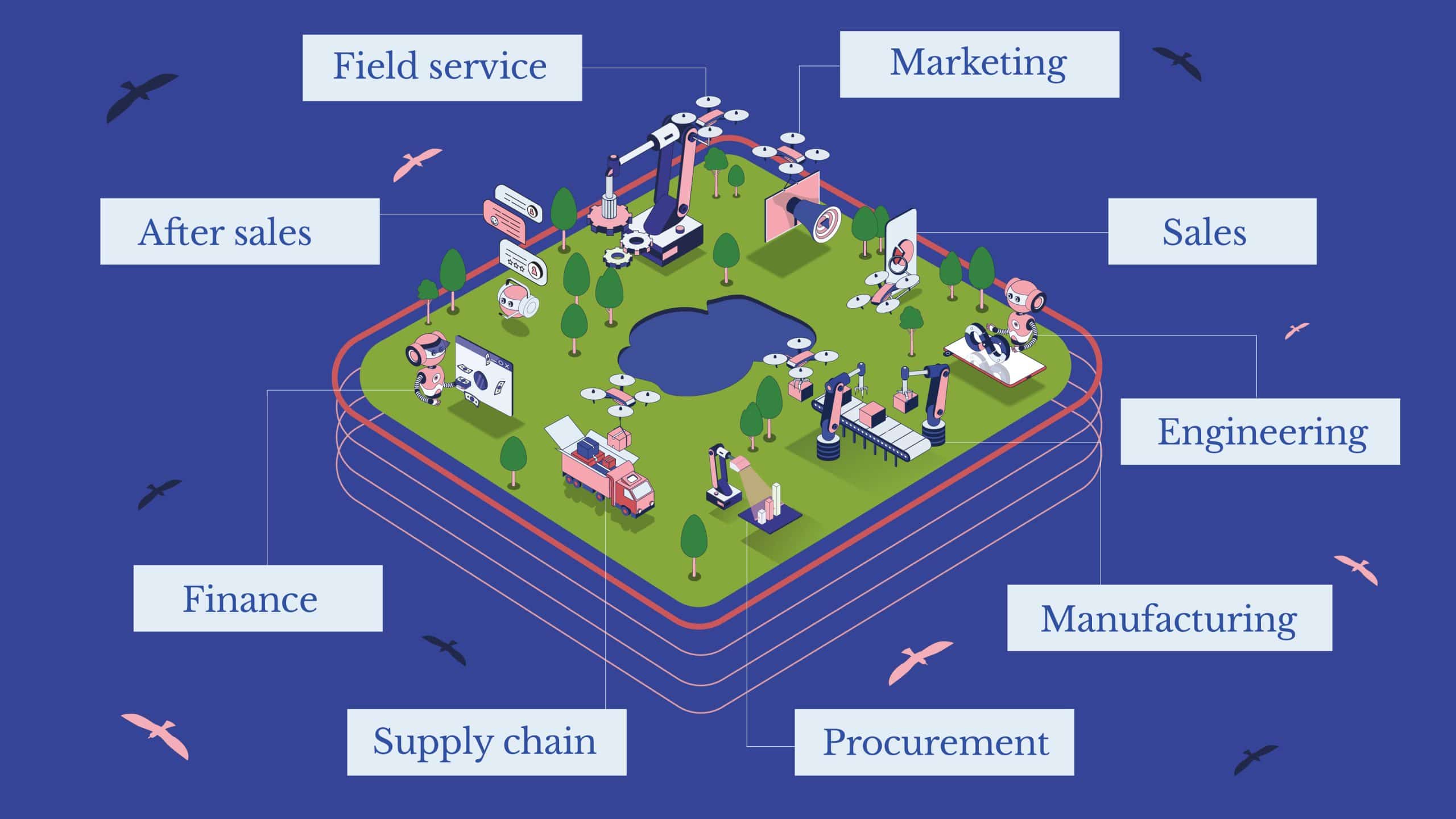Fortinet’s Commitment to Securing the Digital World Through Innovation and Partnerships

Fortinet is a driving force in the evolution of cybersecurity and the convergence of networking and security. As a leader in the industry, the company recognizes the critical importance of securing the digital world to drive efforts focused on safety, sustainability, and progress globally.
As organizations worldwide embrace digital evolution and enter a new era of connectivity, cybersecurity implications continue to emerge. Adopting new technologies, devices, and platforms increases potential points of compromise, and more systems mean more data is being collected, stored, and analyzed. While many organizations are taking steps to enhance cyber resilience in response to this unprecedented pace of technological change, breaches are still common: 87% of enterprises suffered at least one cyber incident in 2023.
There is a growing divide among cyber-resilient organizations and those that are struggling. According to the World Economic Forum 2024 Global Cybersecurity Outlook report, 90% of cyber leaders who attended last year’s Annual Meeting on Cybersecurity believe this inequity in the cybersecurity ecosystem demands urgent action. As a leader in cybersecurity, Fortinet understands the critical role that securing the digital world plays in shaping global efforts that prioritize safety, sustainability, and progress for all.
The company secures over half a million organizations around the world, including global enterprises, service providers, and government organizations. Fortinet delivers unrivaled security and performance in its products and services as a result of its longstanding dedication to innovation. Two examples include Fortinet’s patent portfolio and its longstanding investment in ML and AI. The portfolio of Fortinet patents is at least two times larger than the portfolios of the company’s major competitors, in large part because of continued input and advancements from Fortinet employees.
And Fortinet has been investing in ML and AI for more than 10 years, holding more than 500 AI-related patents that support secure operations and product development. Fortinet’s competitive differentiation lies in its core technologies, which provide unprecedented performance, unrivaled security, maximum flexibility, and seamless integration capabilities across diverse network environments.
Fortinet is also committed to making the world a safer and more sustainable place. The company achieves this through various activities, including maintaining one of the largest and broadest training programs in the industry designed to drastically reduce the global cybersecurity skills shortage. Fortinet also has a longstanding commitment to fostering public-private partnerships across sectors and borders with the goal of disrupting cybercrime operations. The company views this effort as an integral component of enhancing the collective cyber resilience of organizations worldwide.
As a part of the World Economic Forum’s Annual Meeting accredited program, Derek Manky, Chief Security Strategist and Global Vice President of Threat Intelligence at Fortinet, offers expertise on the value of partnering to disrupt cybercrime operations, offering lessons learned regarding practical approaches to working together in the collective fight against digital adversaries.
Beyond the company’s presence at this year’s Annual Meeting, Fortinet is a founding member of the World Economic Forum Centre for Cybersecurity and a contributor to its Partnership Against Cybercrime (PAC). Fortinet is also a founding member of the Forum’s Cybercrime Atlas, a collaborative effort to build an action-oriented, global knowledge base about cybercrime to help defenders mitigate and disrupt threat actor activities. In its first year of operation, the Cybercrime Atlas community shared over 10,000 vetted and actionable data points, created seven comprehensive intelligence packages provided to law enforcement, and supported two cross-border cybercrime disruption efforts.
Fortinet is also actively involved with additional global threat intelligence initiatives, including NATO NICP, INTERPOL Expert Working Group, the Cyber Threat Alliance working committee, and FIRST.













